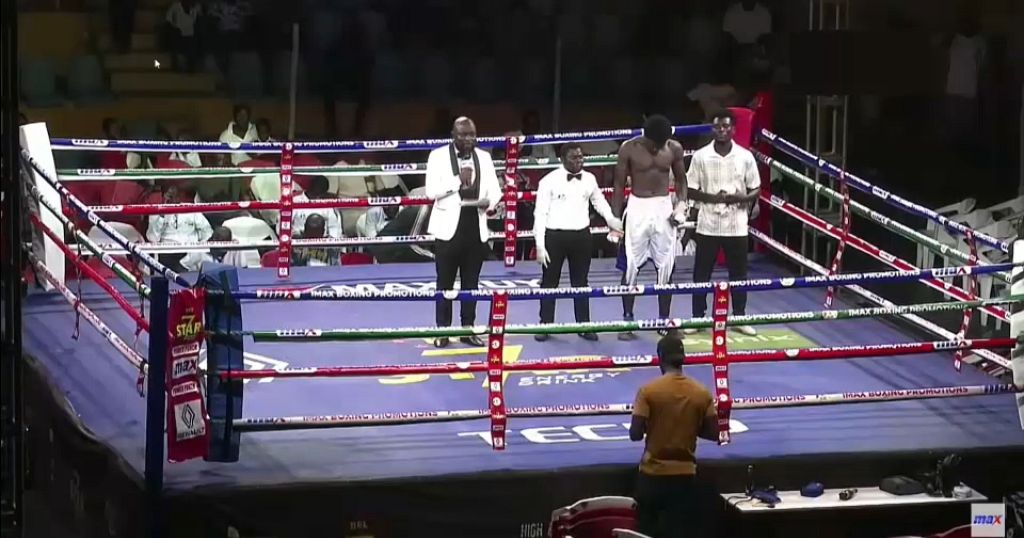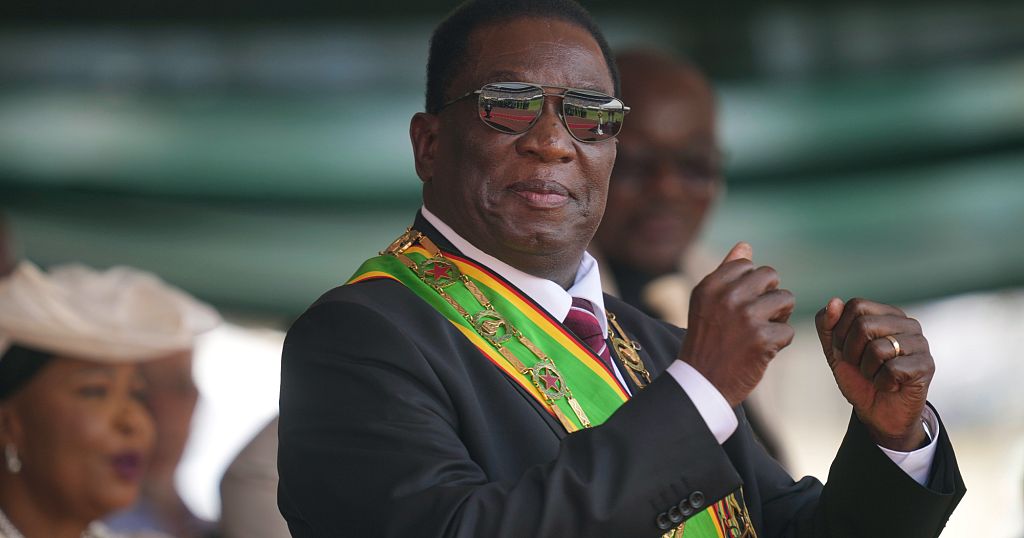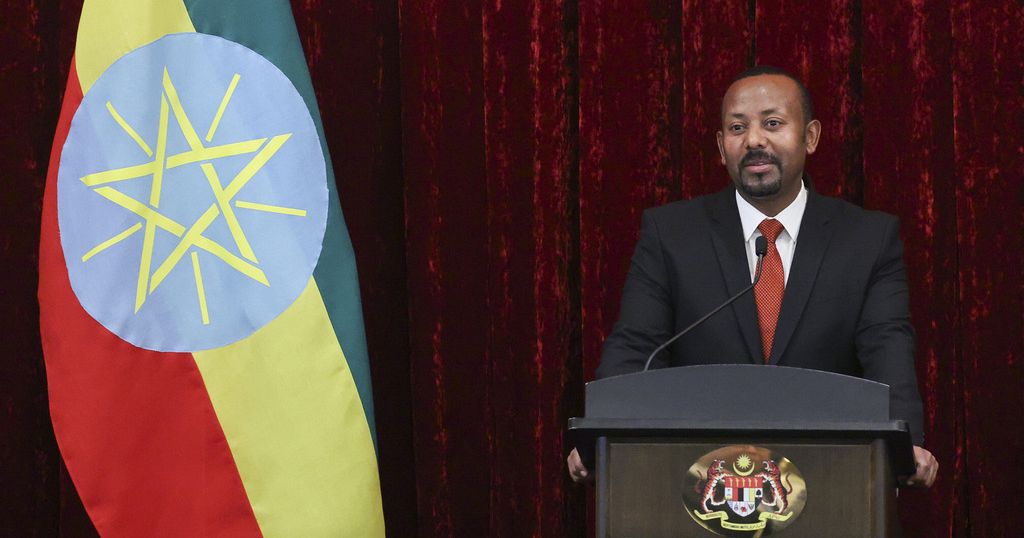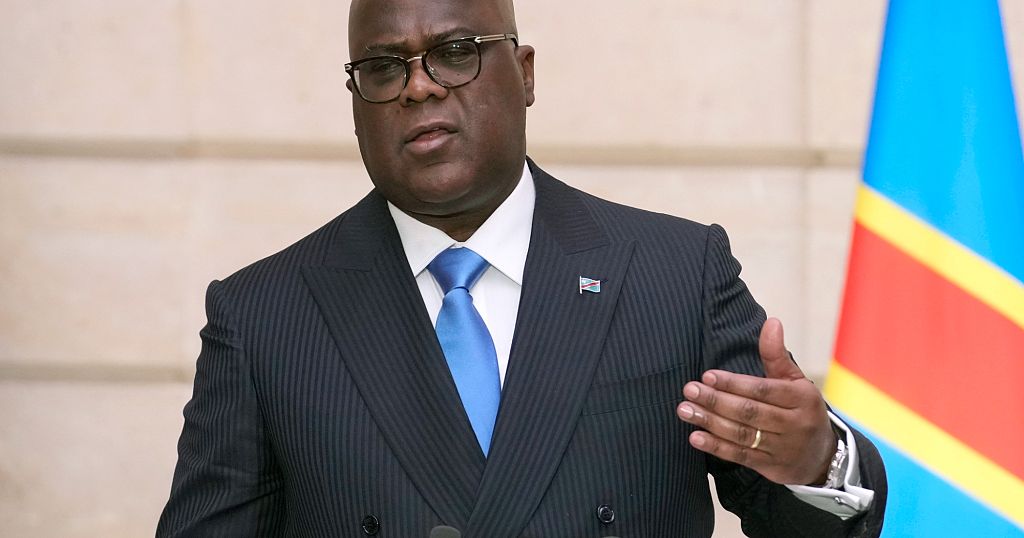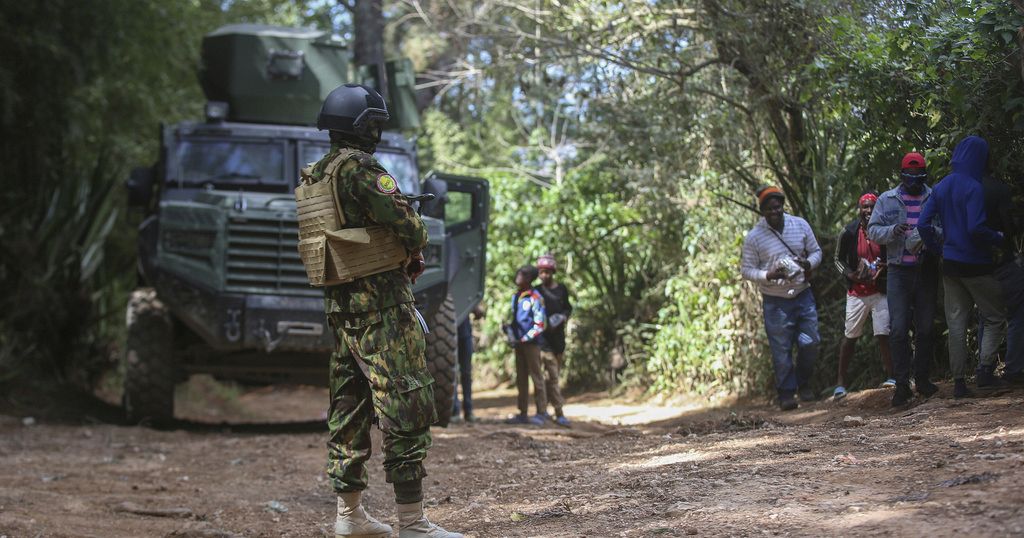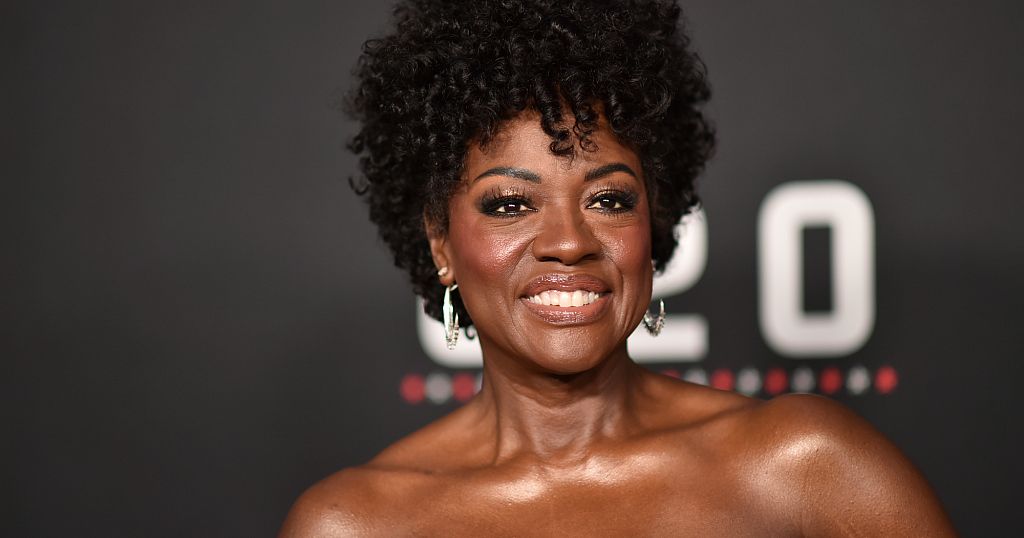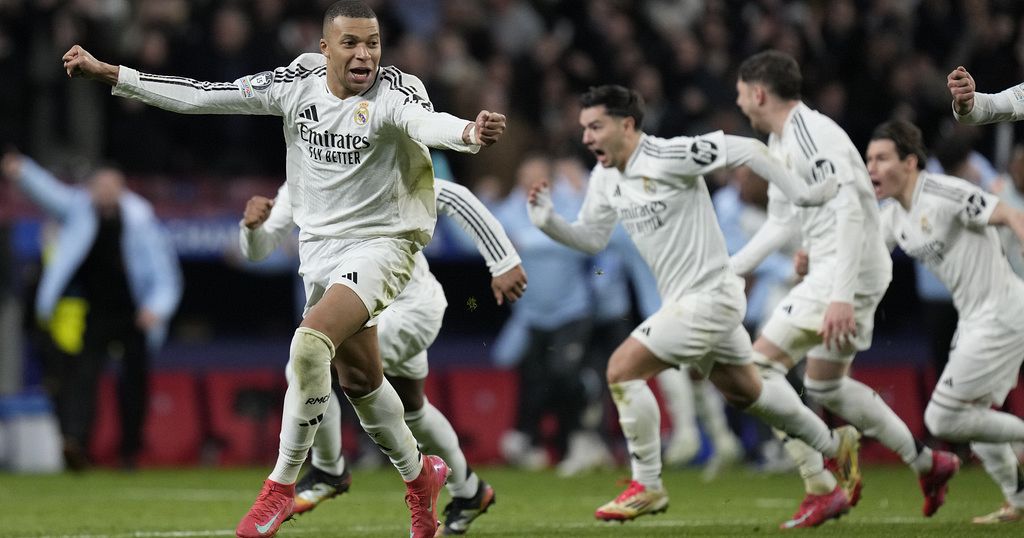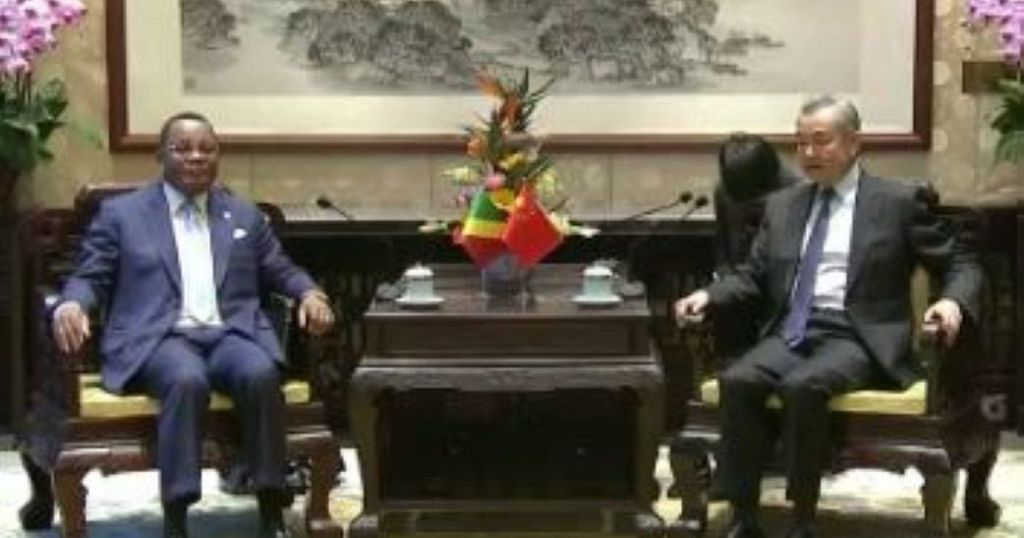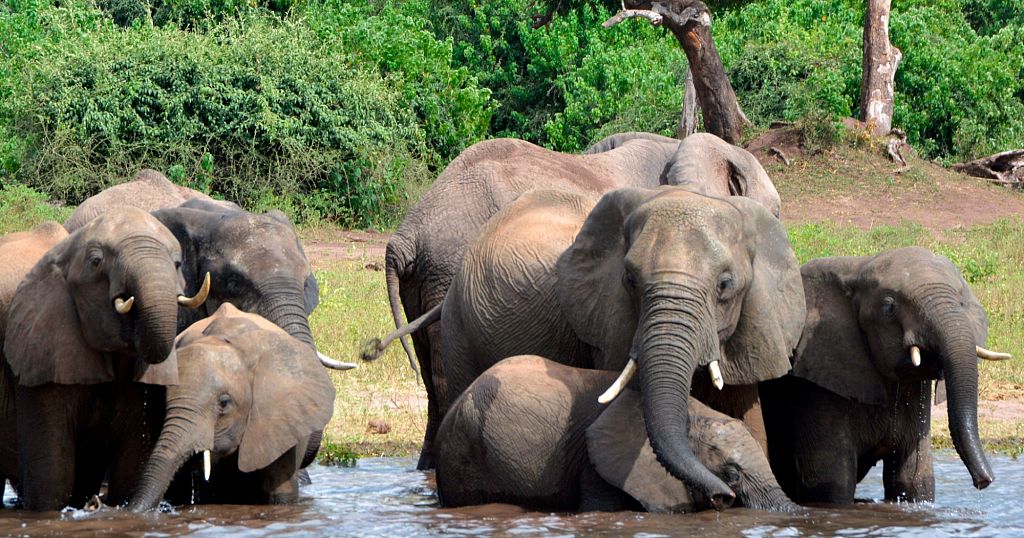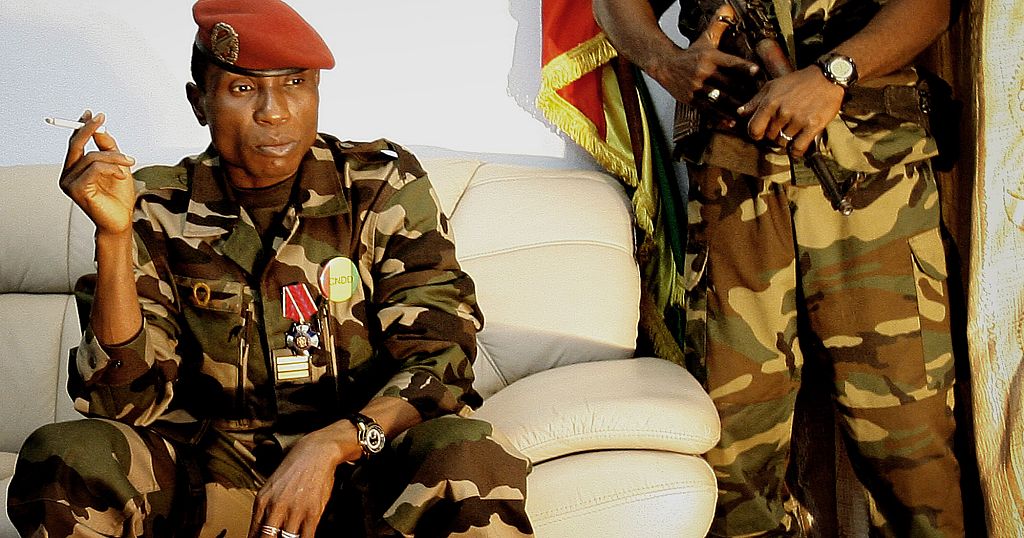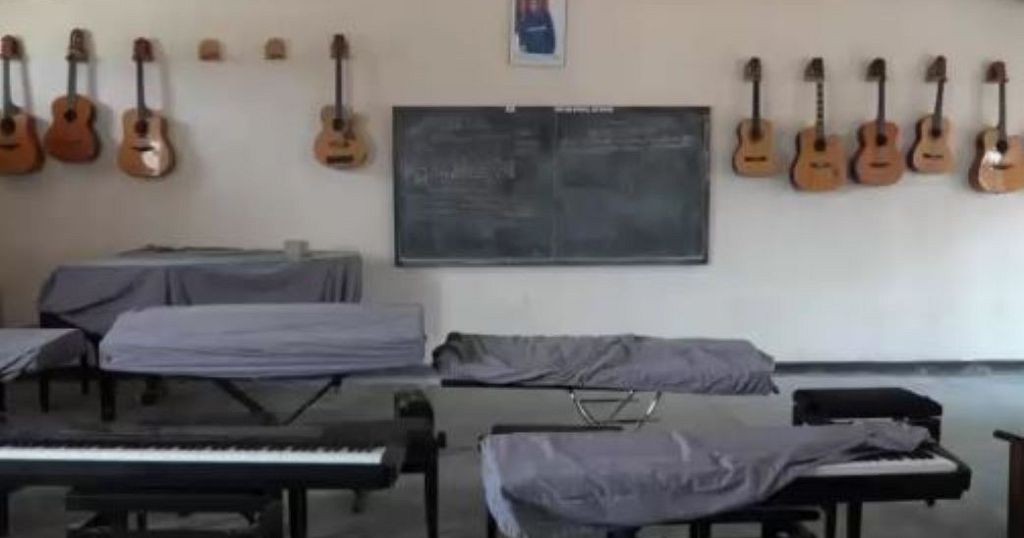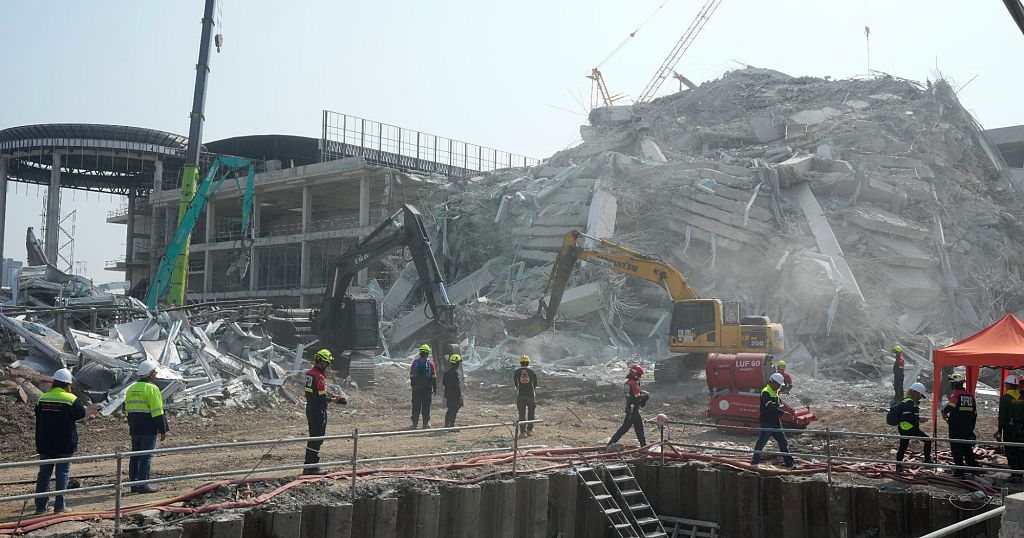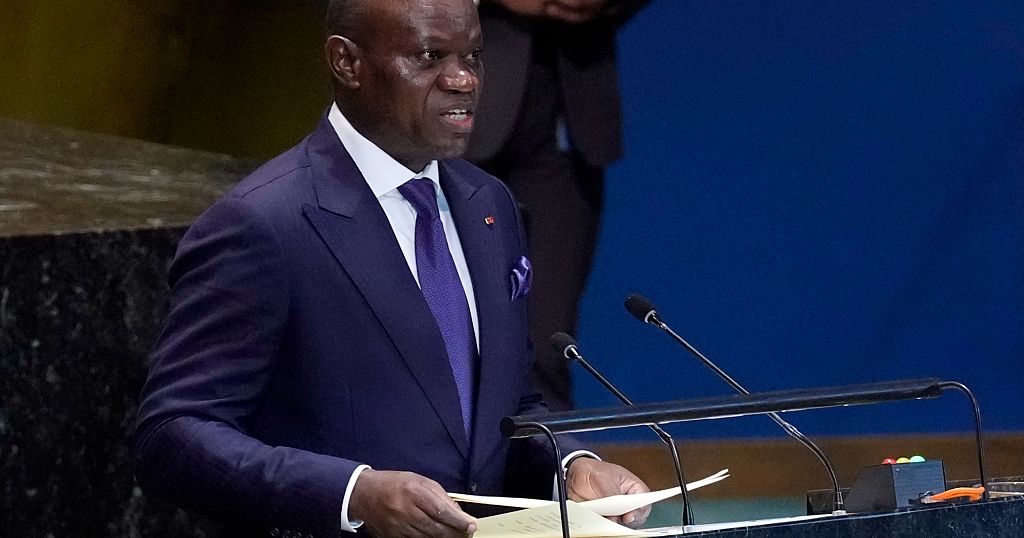Niger: Northern Nigeria takes action to avoid armed intervention
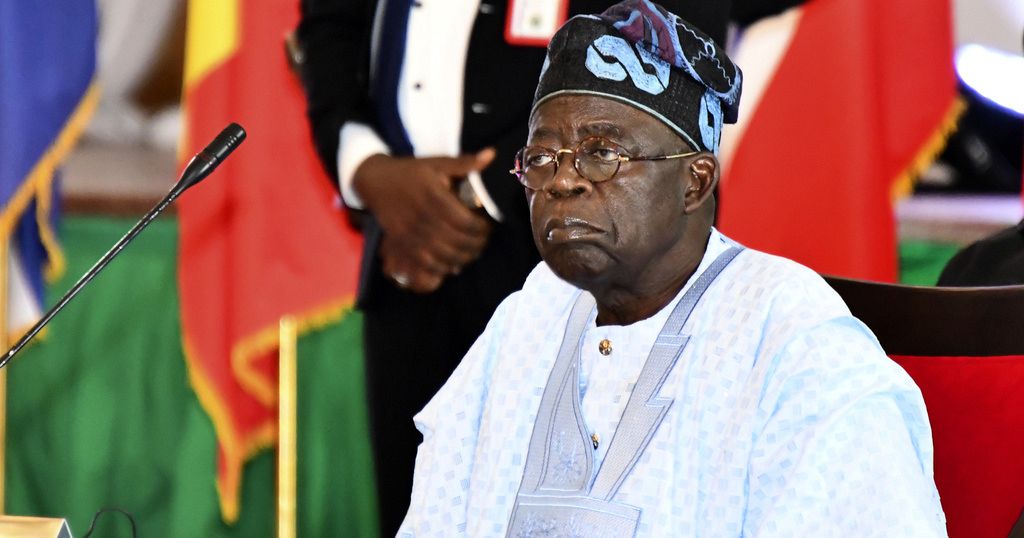
Religious leaders and political leaders in northern Nigeria are making considerable efforts to achieve a diplomatic resolution of the crisis in Niger and thus prevent an ECOWAS military intervention with potentially disastrous consequences for their regions.
After the failures of two mediation missions launched by the West African bloc, whose emissaries were not received by Niger’s new strongman, General Abdourahamane Tiani, ECOWAS increased its pressure on the military regime.
While saying to continue to favour the path of dialogue, its leaders gave the green light on Thursday to an armed intervention to come, by activating its “standby force”.
But while negotiations between ECOWAS and the new regime in Niger seem to have stalled, others are busy establishing a diplomatic channel between General Tiani and the head of state of Nigeria, Bola Tinubu, who holds the presidency. in office of ECOWAS.
Thus, two delegations of religious leaders from northern Nigeria – with whom Niger has strong cultural, economic and linguistic ties – managed to meet with General Tiani in Niamey.
First on Wednesday, with former Emir of Kano Sanusi Lamido Sanusi, who took General Tiani’s demands to President Tinubu upon his return to Abuja.
Then on Saturday, with Sheikh Bala Lau, leader of a Salafist-inspired Islamic movement, whose mediation mission was carried out in agreement with the Nigerian president. At the end of the meeting, the Sheikh reported that the military regime had said it was open to a dialogue, giving hope for the start of negotiations with Abuja.
Before their respective departure for Niamey, these two personalities, who enjoy significant influence in northern Nigeria but also in Niger and the Sahel, had publicly expressed their aversion to armed intervention.
Positions that probably weighed in General Tiani’s decision to receive them. For his part, President Tinubu, who had addressed a very firm speech to the military the day after the coup and is sometimes perceived in Niger as a fervent supporter of the military option, has been the subject for 10 days of significant pressure from from northern Nigeria.
First religious leaders, who have multiplied calls for a peaceful resolution, but also political leaders, in particular the 58 senators from the northern regions of Nigeria.
On August 5, they warned Abuja: a use of force would have, according to them, “serious implications” for Niger but also Nigeria, seven states of which share a 1,500 km border with Niger.
They also said they were worried that an intervention would further destabilize these extremely poor regions already under the yoke of armed jihadist or criminal groups.
On August 9, a group of academics, retired officers and politicians from the north wrote an open letter to the Nigerian president. According to them, this intervention would “exacerbate” the security problems of northern Nigeria, including the jihadist insurgency, conflicts between farmers and herders and mass kidnappings, “through the circulation of arms and the spread of violent extremism”.
In addition, it could aggravate “the serious humanitarian crisis” in the north – with millions of people already displaced and food insecure according to the UN – due to the displacement of populations that the intervention would cause.
These declarations are accompanied by a beginning of popular discontent. On Friday, hundreds of residents of a district of Kano (the largest city in the north) took to the streets to protest against this possible intervention.
Waving Nigerian and Nigerien flags, protesters chanted anti-French slogans, accusing France of inciting Nigeria to go to war against Niger.
In the same city, traders deplore the drop in attendance since the closure of borders and the economic sanctions of ECOWAS. “Our customers from Niger, Benin and Central Africa have stopped coming here to buy our goods,” said Shamsu Bala, a textile trader at the Kantin Kwari market, annoyed.
The closing of the borders causes northern Nigeria to lose 13 billion naira (15.5 million euros) every week, according to a study by the Arewa Economic Forum, a think tank. So for Mr. Kwari “a war will only make the situation worse”.
Source: Africanews


